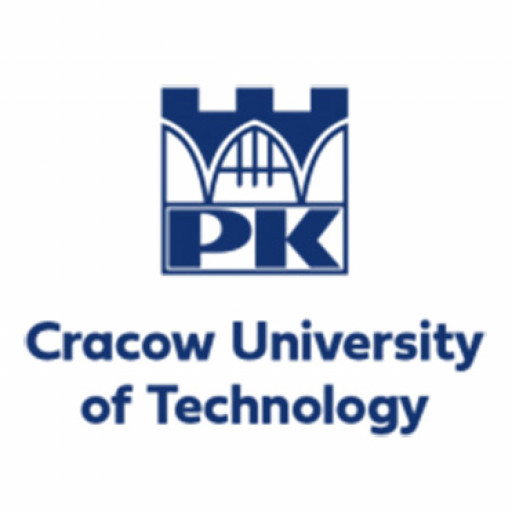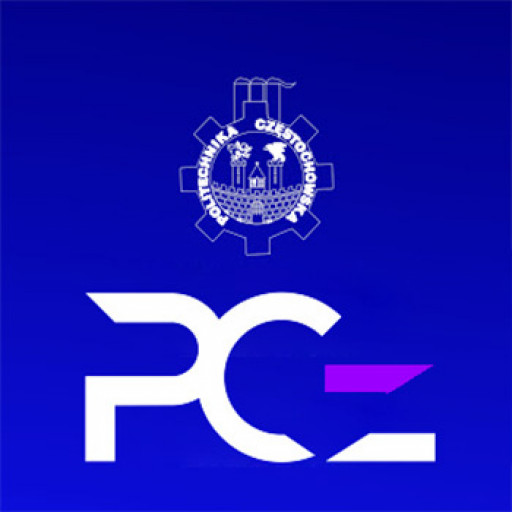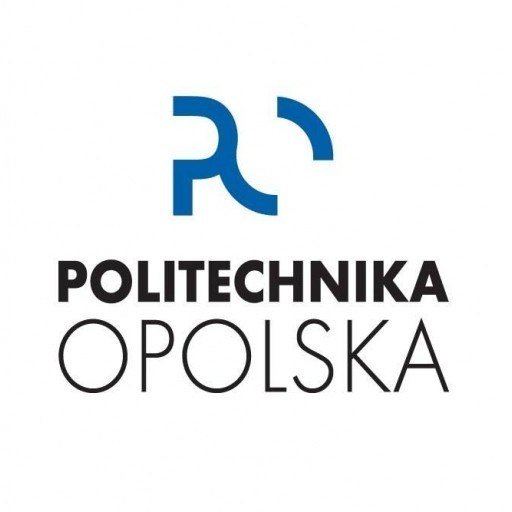The Automatic Control and Robotics program with a specialization in Smart Aerospace and Autonomous Systems at Poznan University of Technology (PUT) offers students a comprehensive education in the design, development, and implementation of advanced control systems and robotic technologies tailored for aerospace and autonomous applications. This interdisciplinary program combines principles from electrical engineering, mechanical engineering, computer science, and applied mathematics to prepare graduates for the rapidly evolving fields of aviation, space exploration, and autonomous vehicles. Throughout the course of study, students gain in-depth knowledge of control theory, automation, robotics, artificial intelligence, sensor integration, and communication systems, enabling them to develop innovative solutions for complex technical challenges. The curriculum emphasizes practical skills through laboratory exercises, projects, and internships with industry partners, fostering hands-on experience in designing autonomous aerial vehicles, space systems, and intelligent automation devices. Graduates are well-equipped to pursue careers in aerospace industry, defense, research institutions, and technology startups, contributing to advancements in drone technology, satellite systems, and intelligent navigation solutions. The specialization in Smart Aerospace and Autonomous Systems reflects PUT’s commitment to cutting-edge research and innovation, ensuring that students are prepared to meet the demands of modern, intelligent, and autonomous systems in the aerospace sector. The program is delivered by experienced academic staff and industry experts, providing a balance of theoretical foundations and practical expertise, and maintaining alignment with the latest technological trends and standards. Graduates of this program will be capable of designing, analyzing, and improving autonomous systems and contribute significantly to the development of smarter, safer, and more efficient aerospace and robotic solutions worldwide.
The Automatic Control and Robotics specialization in Smart Aerospace and Autonomous Systems at Poznan University of Technology offers a comprehensive curriculum designed to prepare students for the rapidly evolving field of intelligent systems in aerospace and autonomous technologies. The program emphasizes the development of advanced skills in control systems, robotics, artificial intelligence, and embedded systems, all tailored to meet the modern challenges faced by the aerospace industry and autonomous vehicle sectors.
Students will explore fundamental topics such as mechatronics, sensor integration, flight control systems, and signal processing, gaining a strong theoretical foundation complemented by practical laboratory exercises. The curriculum also covers emerging areas like unmanned aerial vehicles (UAVs), autonomous navigation, machine learning applications in control systems, and multi-robot coordination, enabling graduates to contribute effectively to the design, analysis, and deployment of intelligent autonomous systems.
The program offers a balanced focus on both hardware and software aspects of control and robotics, fostering innovative thinking and problem-solving skills. Students engage in project-based learning, collaborate on multidisciplinary teams, and participate in real-world projects that simulate industry scenarios. This approach ensures they acquire both technical expertise and the ability to work in interdisciplinary environments.
Graduates of this specialization will be well-equipped for careers in aerospace engineering, robotics, automation, and artificial intelligence. They will be prepared to work in research and development, system integration, and operational management within companies specializing in drone technology, aerospace systems, and autonomous transportation. Furthermore, the program provides a solid foundation for pursuing advanced studies and research in the field, contributing to technological innovations that drive the evolution of smart aerospace and autonomous systems worldwide.
Throughout the program, students benefit from state-of-the-art laboratories, industry partnerships, and expert faculty, all dedicated to fostering a stimulating educational environment. The specialization in Smart Aerospace and Autonomous Systems at Poznan University of Technology combines theoretical knowledge with practical skills, preparing graduates to be leaders in the development of innovative autonomous solutions that shape the future of aerospace and robotic technologies.
English language – level B2 (Common European Framework), To be admitted as a first year Master’s student, an applicant must have earned a Bachelor’s degree or its equivalent in engineering or applied sciences, obtained with good mark, with a qualification in aeronautics, electrical engineering, computer science engineering, systems engineering, mechanical engineering and mechatronics.
Financing studies for the Automatic Control and Robotics program with a specialization in Smart Aerospace and Autonomous Systems at Poznan University of Technology are structured to provide accessible opportunities for both domestic and international students. The program offers various forms of financial support to assist students in covering tuition fees and other educational expenses. These include state scholarships, university scholarships, and tuition fee waivers based on academic achievement and financial need. Additionally, students can explore external funding sources such as governmental grants, Erasmus+ mobility programs, and scholarships offered by partner institutions and industry stakeholders.
Poznan University of Technology actively promotes participation in scholarship programs that recognize excellence in engineering and technology disciplines. For international students, there are dedicated scholarship schemes designed to facilitate their integration and academic success within the university. The university also encourages students to seek part-time employment opportunities both within the campus and in the surrounding city, which can help offset some living costs.
Tuition fees for the program are determined annually and are comparable to those of similar technical degree programs at the university. The fee structure may vary depending on the student's nationality, with EU students typically paying lower or no tuition fees due to agreements between Poland and the European Union, while non-EU students may pay higher tuition rates. Prospective students are advised to contact the university's admissions office or visit the official website for detailed and up-to-date information on tuition costs, scholarship opportunities, and financial aid procedures.
Furthermore, the university provides guidance and support for students applying for financial assistance, including counseling on scholarship application processes and information about external funding options. Students are encouraged to plan their finances carefully and to apply early for available financial aid schemes to maximize their chances of receiving support. Overall, the university strives to make higher education accessible by offering a range of financial solutions tailored to diverse student needs, ensuring that bright talents can pursue their academic goals in the fields of control systems, robotics, aerospace, and autonomous systems without undue financial burden.
The Automatic Control and Robotics program with a specialization in Smart Aerospace and Autonomous Systems at Poznan University of Technology is a cutting-edge engineering course designed to prepare students for advanced careers in the rapidly evolving fields of aerospace technology and autonomous systems. The curriculum focuses on developing comprehensive knowledge and practical skills in control systems, robotics, automation, and intelligent systems tailored to aerospace applications. Students learn about the design, analysis, and implementation of automation solutions for aircraft, drones, satellites, and other aerospace vehicles. Specialized modules cover topics such as flight control systems, navigation and positioning, sensor integration, autonomous navigation, and machine learning techniques for autonomous decision-making.
The program emphasizes hands-on experience through laboratory work, projects, and internships, often in collaboration with industry partners and research institutions. Students can expect to work with modern simulation tools, control hardware, and experimental setups to develop and test autonomous systems in real-world scenarios. The curriculum is designed to foster critical thinking, innovation, and interdisciplinary collaboration, equipping graduates with the skills to tackle complex engineering challenges in aerospace and autonomous systems industries.
Graduates of this program are prepared for careers in aerospace engineering companies, robotics firms, research and development departments, and government agencies involved in space exploration, unmanned aerial vehicles (UAVs), and autonomous transportation systems. The program aims to produce engineers who are not only technically proficient but also capable of integrating control and robotics technologies into innovative aerospace solutions, contributing to advancements in autonomous flight and smart aerospace systems.
In addition to technical courses, students develop project management, teamwork, and communication skills essential for leadership roles in technological development and research. The program also encourages participation in international conferences, competitions, and collaborative projects, providing a global perspective on autonomous system innovations. Graduates are well-positioned for doctoral studies or careers in academia, industry, or government institutions focusing on the future of smart aerospace and autonomous systems within the context of global technological development.






